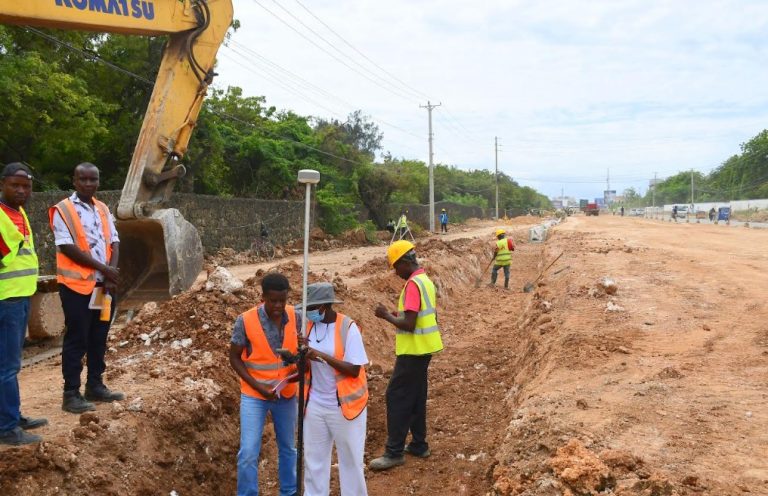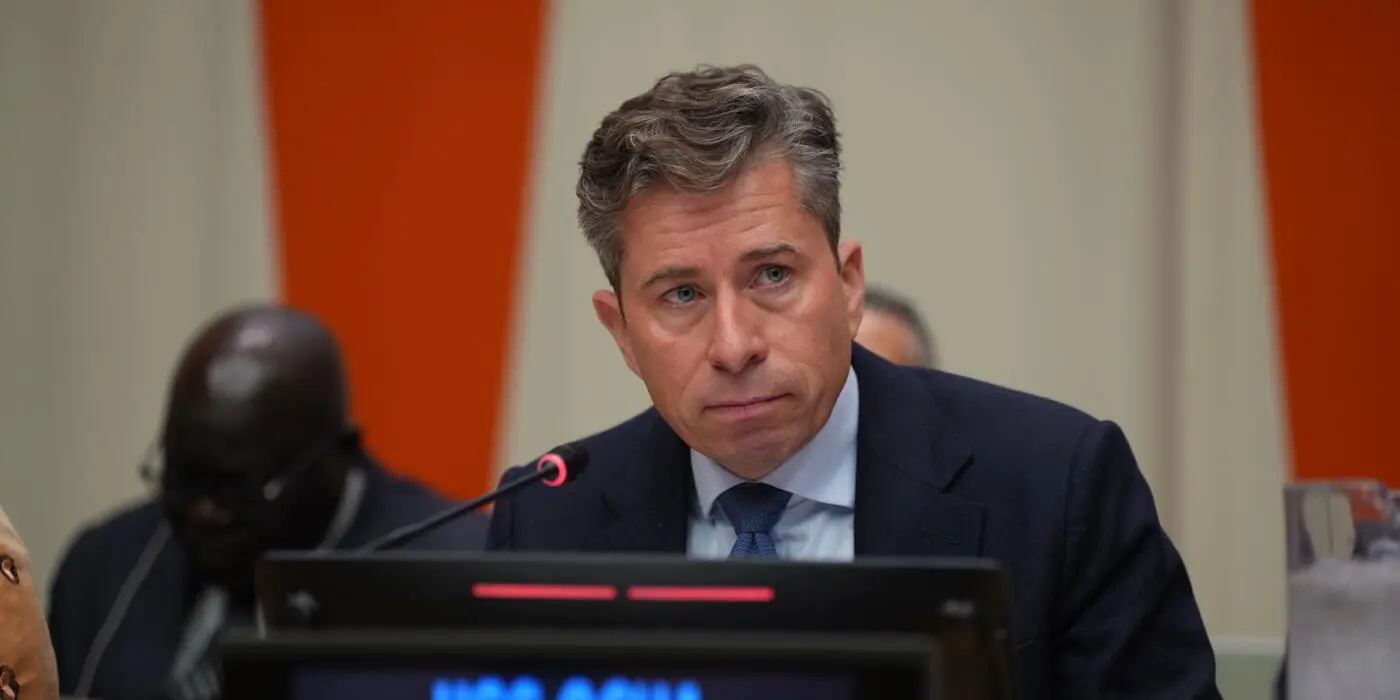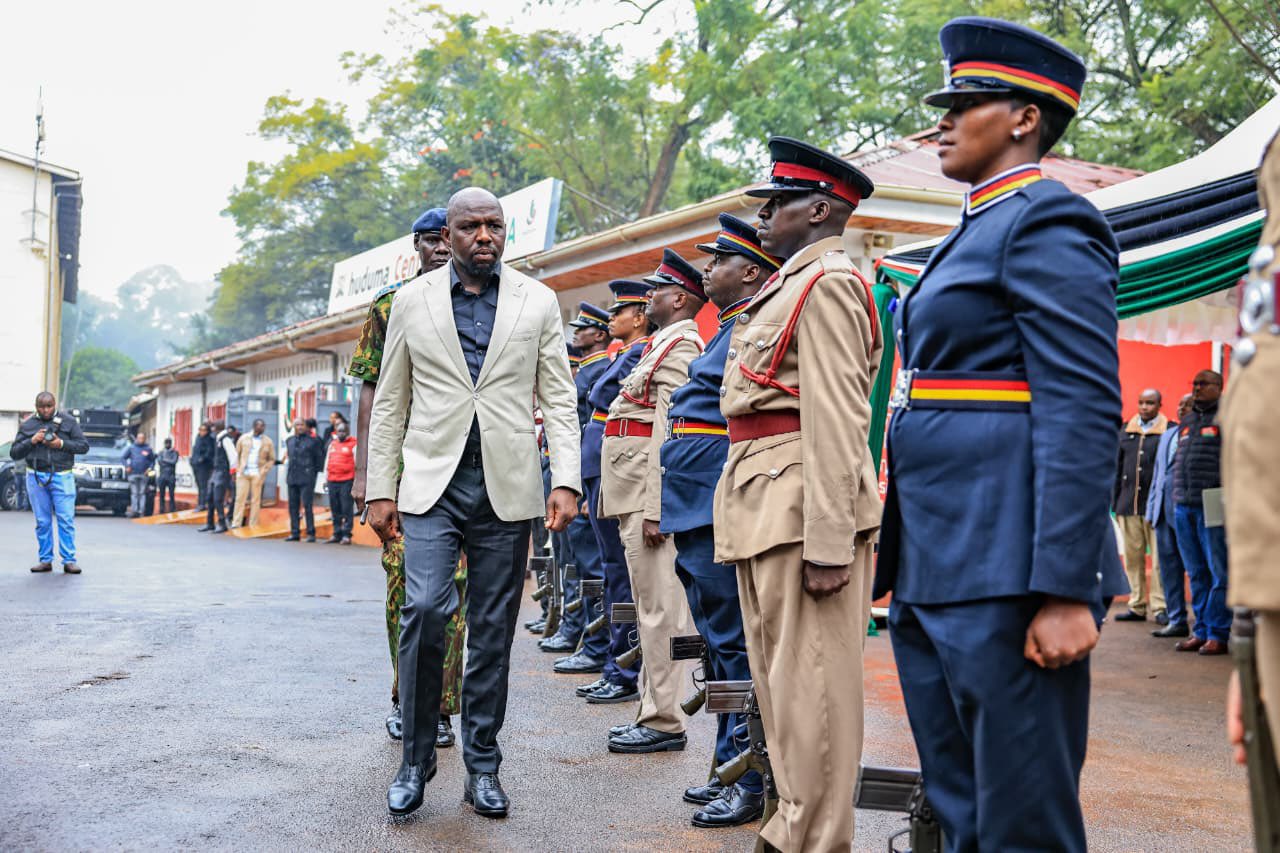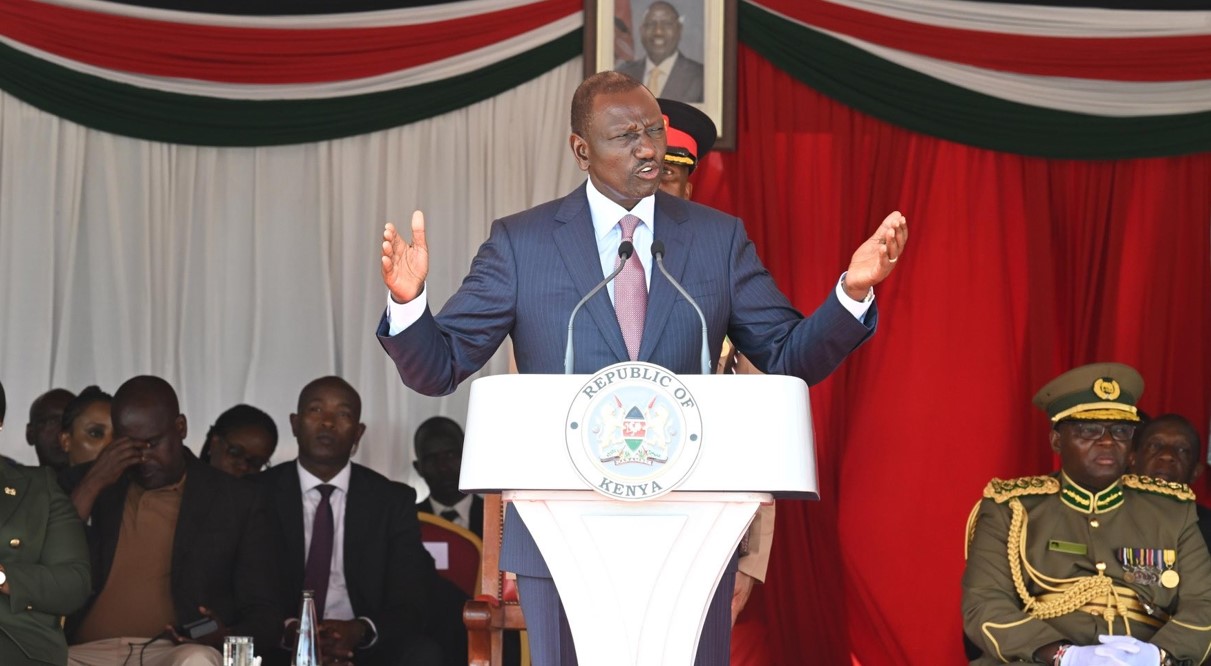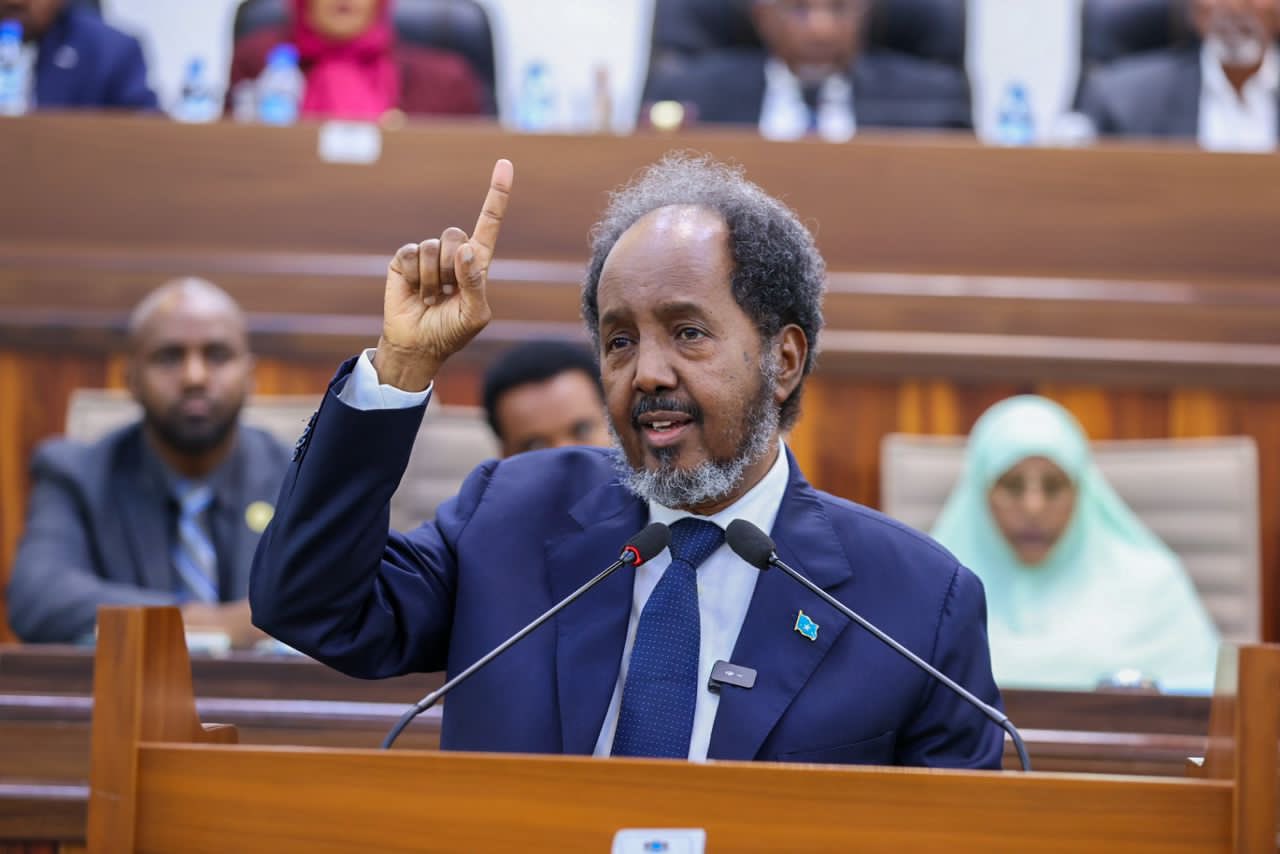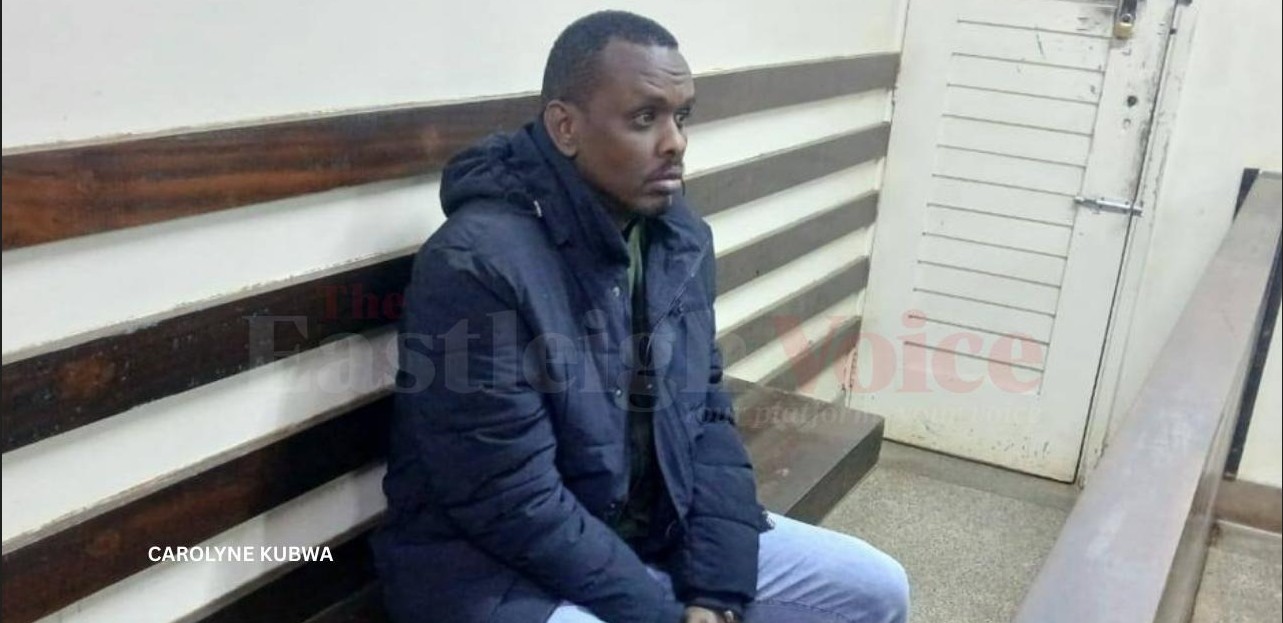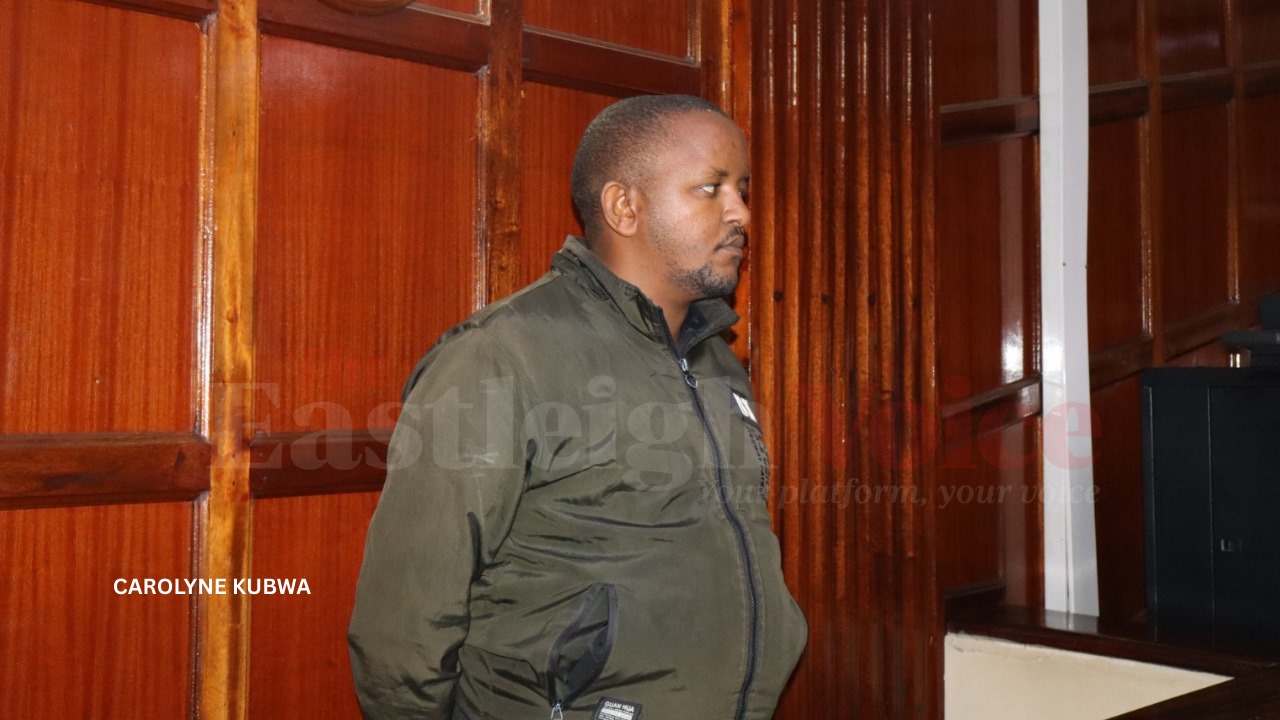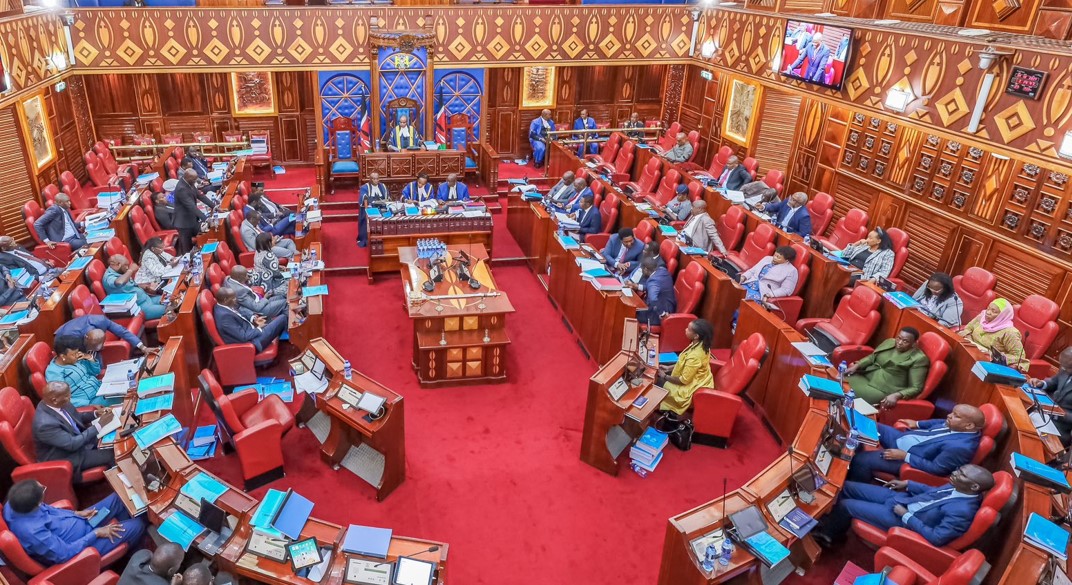Traders close shops in Kampala as protest against taxman, foreign competition intensifies
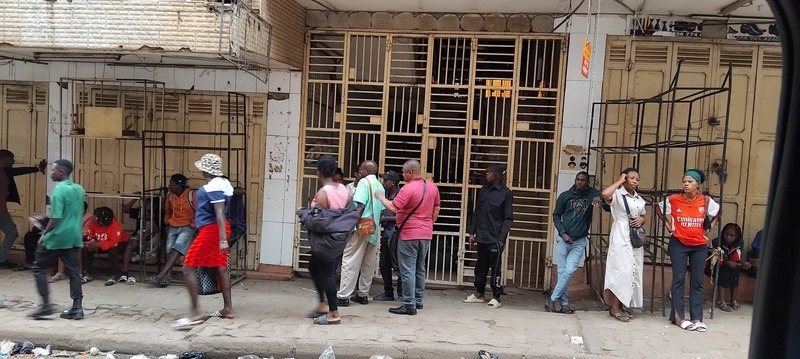
Police moved in to disperse the gatherings and arrested several traders accused of mobilising others to close their shops and participate in the protest. Witnesses reported that some of those detained had been blowing whistles and urging shopkeepers to abandon their businesses.
Shops along Nabugabo Street in downtown Kampala remained closed on Tuesday as traders staged a strike to protest what they described as unfair taxation by the Uganda Revenue Authority (URA) and the increasing involvement of Chinese investors in the retail sector.
The demonstration, which disrupted business in the city centre, drew large crowds of traders who stood outside their locked premises in solidarity with their colleagues.
More To Read
- Uganda’s land eviction crisis: Do populist state measures actually fix problems?
- Suspected suicide bomber trailed for days before attempted market attack - UPDF
- Kampala tops list of most corrupt districts in Uganda – IGG report
- Uganda to deduct traffic fines from salaries of government officials
- Uganda’s boda boda bikes are deadly polluters: Study models how going electric could save lives
- Commonwealth urges Uganda to release detained opposition politician Kizza Besigye
The demonstration began early in the morning when most shop owners kept their businesses closed and joined their colleagues in small gatherings outside the arcades.
Police moved in to disperse the gatherings and arrested several traders accused of mobilising others to close their shops and participate in the protest. Witnesses reported that some of those detained had been blowing whistles and urging shopkeepers to abandon their businesses.
The protesting traders explained that they were holding a sit-down strike to express their frustration with what they consider to be an exploitative tax collection system.
They argued that URA’s current methods have caused prolonged delays in clearing containers through the port of Mombasa and the inland depot in Nairobi, which in turn has left them unable to restock their shops in time.
Some of the traders also demanded the resignation of URA Commissioner General John Musinguzi Rujoki, accusing him of failing to address their grievances.
Although Nabugabo Street and several other arcades in the city centre remained shut throughout the day, business activity in some parts of the city continued.
In Kikuubo, a few shops opened despite calls to remain closed. Street vendors also took advantage of the shutdown by positioning themselves in the usually crowded shopping lanes to sell their merchandise to passersby.
Traders under the Kampala City Traders Association (KACITA) presented a list of demands that included reduced customs duties, lower rental charges, and additional tax concessions.
Hajji Issa Sekitto, Acting Chairperson of KACITA, expressed concern that divisions among business leaders had weakened traders’ bargaining power.
He said the strike was intended to highlight the challenges faced by small and medium-scale traders, adding that some leaders had not acted in the best interests of their members.
“We are going through tough times, yet many refuse to acknowledge it. I hold the trade leaders accountable; instead of uniting traders, they are working to divide and break them apart,” Haji said.
Despite being described as a nationwide strike, the action did not receive uniform support across the country. In Mbarara City, shops opened for business as usual, with no visible signs of protest.
Simon Mwijuka Sezi, Chairperson of the Mbarara City Traders Association, told reporters that he was not officially informed about the strike and only learned about it through social media.
Security was tightened in several parts of Kampala as police anticipated further demonstrations.
Top Stories Today
